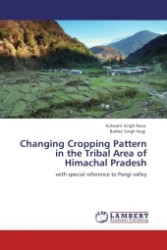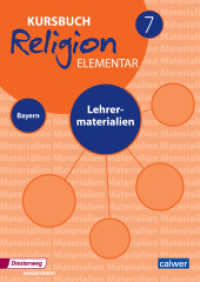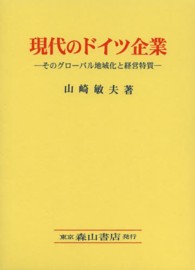- ホーム
- > 洋書
- > 英文書
- > Religion / Ethics
Full Description
Engaging Eriugena, Eckhart and Cusanus contains two new essays and nine others published between 2005 and 2019. The essays explore Eriugena, Eckhart and Cusanus as bold thinkers deeply engaged with their times and culture.
John Scottus Eriugena, Meister Eckhart and Nicholas of Cusa are key figures in the medieval Christian Neoplatonic tradition. This book focuses on their engagement with practical, experiential issues and controversies. Eriugena revises Genesis' Adam and Eve narrative and makes sexual difference and overcoming it central to his Periphyseon. Eckhart's Annunciation sermons urge his hearers to give birth to God's son within their lives, and he develops a distinctive approach to pain and suffering. His radical preaching on the Eucharist and mystical union was judged heretical but was later taken up by Nicholas of Cusa. Coins and banking became key symbols in Cusanus' exploration of humanity as created in God's image, and he used mechanical clocks in reflecting on time and eternity. "Engagement" also describes these thinkers' reception of their predecessors and how later readers appropriated their works. Eriugena struggled with the legacy of Augustine and the Greek Fathers. Eckhart's theology of suffering provoked varied responses from his students Henry Suso, Johannes Tauler and the twentieth-century therapist Ursula Fleming. Cusanus provides the volume's lynchpin as two articles analyse his reading of Eriugena and Eckhart, and a third discusses how he deftly countered Johannes Wenck's accusations of heresy.
The book will be of interest to students of Medieval Philosophy, Theology, Spirituality and their place within Cultural History.
Contents
I - The Sleep of Adam, the Making of Eve: Sin and Creation in Eriugena / II - Coinciding in the Margins: Cusanus Glosses Eriugena / III - Meister Eckhart: Preaching the Annunciation / IV - Theologies of Suffering: Eckhart, Henry Suso and Ursula Fleming / V - Johannes Tauler: Preaching the Exaltation of the Cross / VI - Eckhart and Nicholas of Cusa: Eucharist and Mystical Transformation / VII - "Our Substance is God's Coin": Nicholas of Cusa on Minting, Defiling and Restoring the Imago Dei / VIII - Cusanus, Wenck and the Art of the Insult / IX - Cusanus' Clock: Time and Eternity in De visione Dei / X - "Eternal Time": Nicholas of Cusa on World, Time and Eternity / XI - Cusanus' Philosophical Testament: De venatione sapientiae (The Hunt of Wisdom) (1462)







